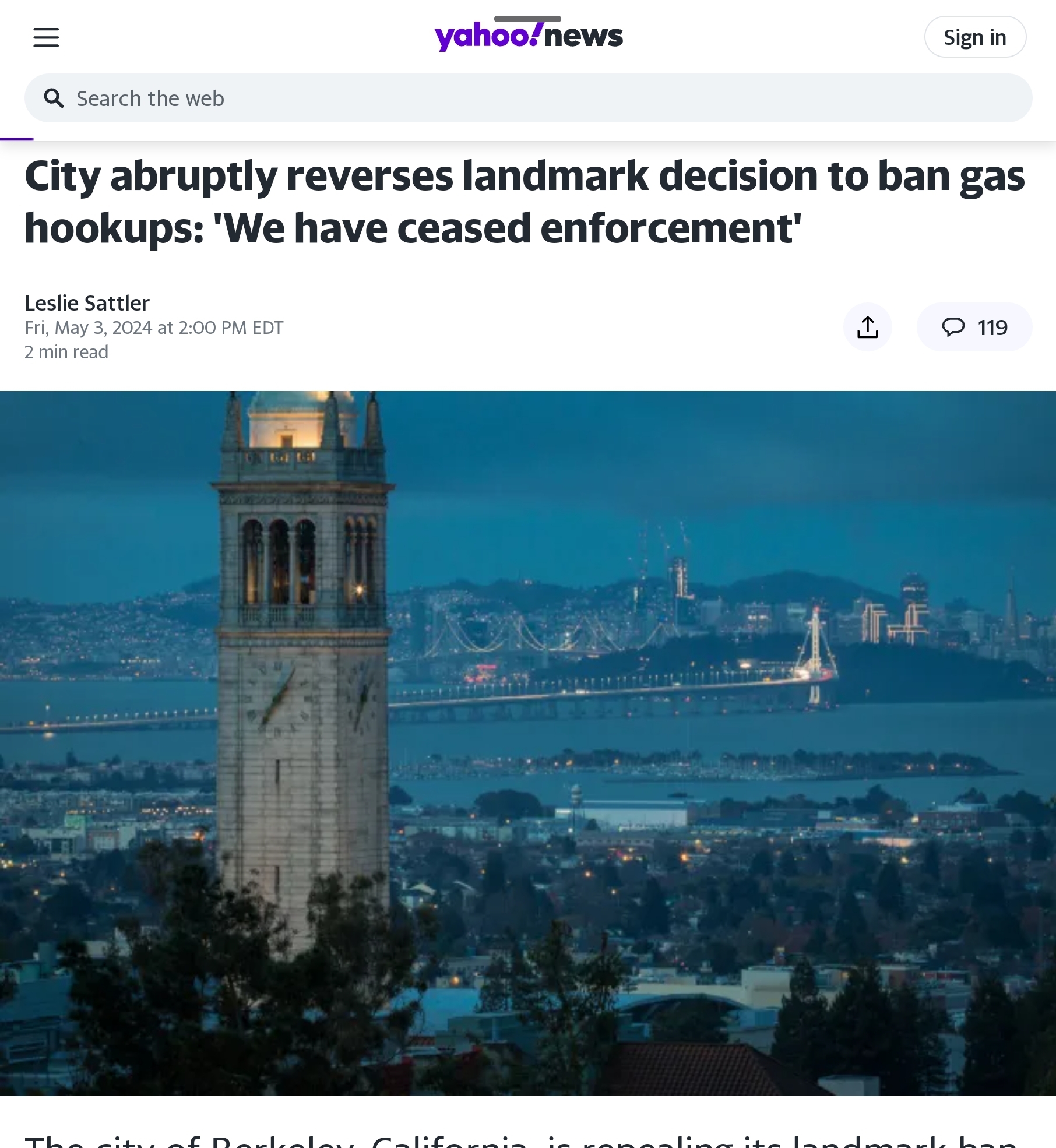Paris Fallout: “Radical” Climate Bill Stuns German Industry …Warn Of “Catastrophic Consequences” And “Climate Dictatorship” …”A Poison List Of Draconian Measures”!
Here’s the latest on plans by some overly overzealous German government leaders to get the country to commit economic suicide through decarbonization. In the wake of the lofty declarations made at the Paris Conference to roll back CO2 emissions, a number of high level Environment Ministry bureaucrats in Germany’s government have been eagerly concocting a “radical bill” dubbed “Climate Protection 2050″ designed to make Germany almost carbon-free by 2050. Already the bill’s extremism and disconnect from reality is coming under heavy fire. Online German national daily Die Welt has a piece by Daniel Wetzel titled: German Economy Fears Eco-Dictatorship. High costs would devastate the poor In the wake of Paris, Environment Minister Barbara Hendricks has put together a “catalogue of measures” which she and her Ministry hope will passed into law by early summer. Should the proposals be enacted into law, Wetzel writes that it would mean “higher rental prices for apartments, higher taxes, mandatory renovations by building owners, speed limits and massive cost hikes for industrial enterprises“. The proposals call for the mandatory, comprehensive renovation of buildings that owners would be forced by law to carry out. Such huge costs of course would have to be passed on to the occupants who rent or lease the buildings. Wetzel writes that Environment Minister Barbara Hendricks is moving rapidly to get the bill enacted before summertime. Industry, Wetzel writes, warns of “catastrophic consequences” should the CO2 restricting proposals be adopted. The catalogue of measures designed to lead Germany to a near zero-carbon society by 2050 has the industry spooked. Wetzel writes of an “urgent letter” by leading industry trade organizations to the Environment Ministry – one that used uncharacteristically harsh terms such as “threatening ecology or climate dictatorship”. Copies of the letter were also send to the heads of other German federal ministries, such as the Ministry of Transportation and Ministry Of Commerce. “Poison list of draconian measures” According to Wetzel some of the proposals include severe tax penalties for owners of “energy inefficient” buildings should they refuse to implement costly renovation works. The catalogue also calls for excruciatingly high taxes on heating oil and natural gas. Wetzel quotes Andreas Lücke of the German Heating Industry Association BDH: who calls the “Climate Protection Plan 2050″ a “poison list of draconian measures.” The catalogue of climate measures also calls for the heavy taxation of coal power plants, thus putting tens of thousands of coal mining and power sector jobs in jeopardy. Also the catalogue calls for a speed limit of 120 km/hr on the country’s famed autobahns and a snail-like speed of 30 km/hr. within all city limits. The proposed climate protection bill also calls for eliminating fossil fuel combustion engines in motor vehicles by 2050, which means no combustion cars will be sold after 2030. Already today Germany’s plan to get one million cars onto the streets by 2020 is only 2% fulfilled, as no one is interested in them. Wetzel writes: When the German government foresees the death of the combustion engine within the next 14 years, even though electric cars have failed to sell so far, it shows us the newly acquired level of radicalism that their climate-political demands and expectations have taken on”. When examining the catalogue of measures proposed in the Environment Ministry’s bill, one has to wonder if the German government has any remaining connection left to reality. If this bill does not get watered down severely – very severely, then Germany may find itself building a wall to keep the citizens and companies in – and not refugees out. It’s mind-boggingly radical and extreme. Germany’s Ministry Of Environment obviously does not have a balanced panel of advisors, rather one likely made up of the most extreme environmental activists. Wetzel writes of the requests being made by the WWF, which is calling for a transition over to the full electrification of the entire transport sectors, industrial processes and heating, and away from fossil fuels altogether. This, the WWF feels, can be accomplished with sun and wind. They also call for the end of coal power by 2035. However, the WWF gave no specifics how this should be accomplished. From an energy engineering standpoint, little of what is proposed by the catalogue can be done, and consequently the government has already realized that and rightly scaled back on renewable energies over the past couple of years. But when the bill reaches Parliament in early summer, nothing can be excluded. But we can give them the benefit of the doubt. Expect the highly corrosive measures to be severely watered down.
— gReader Pro




